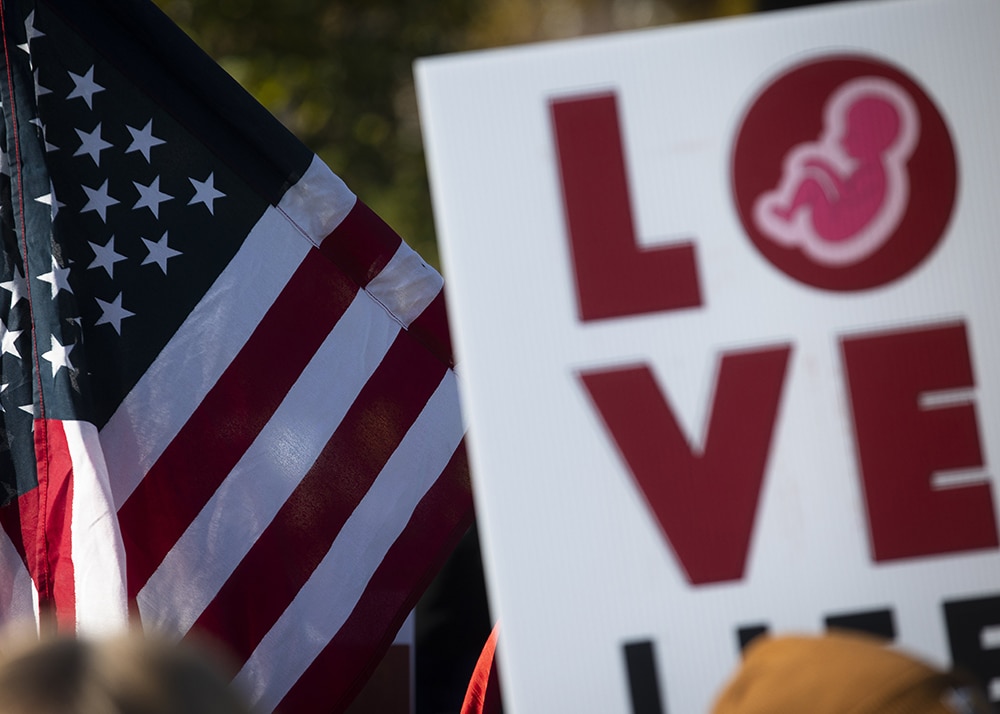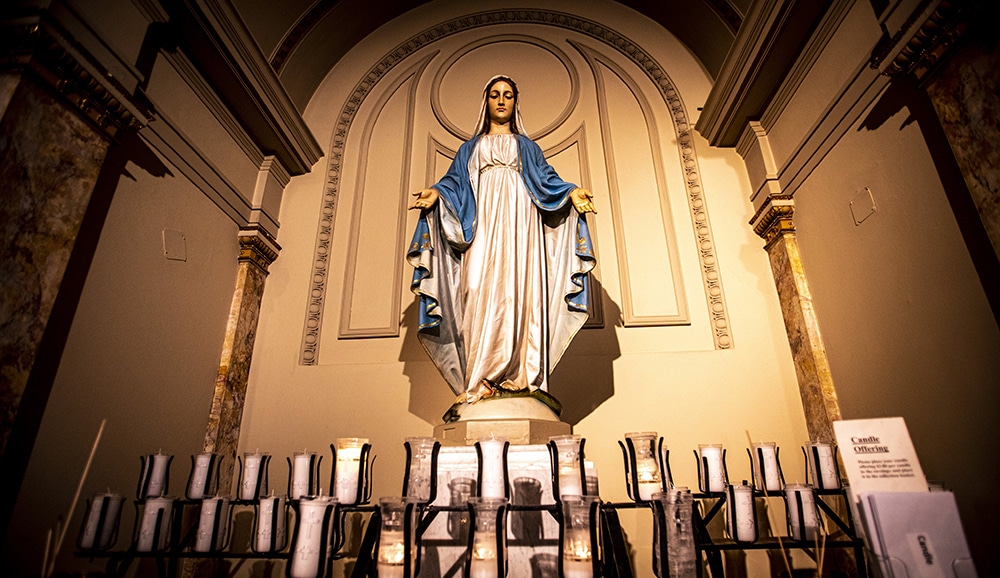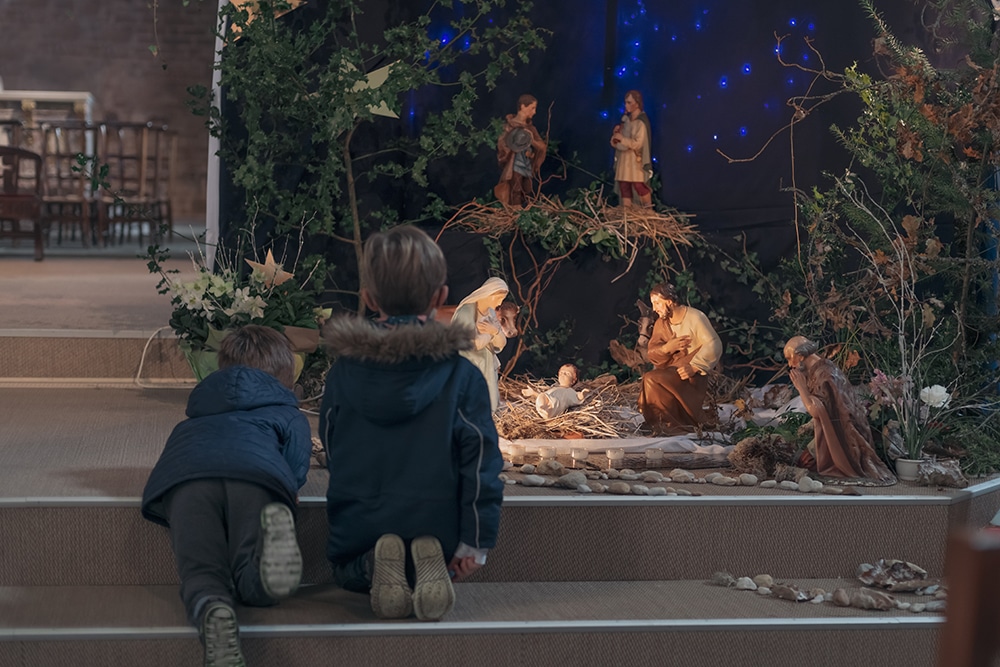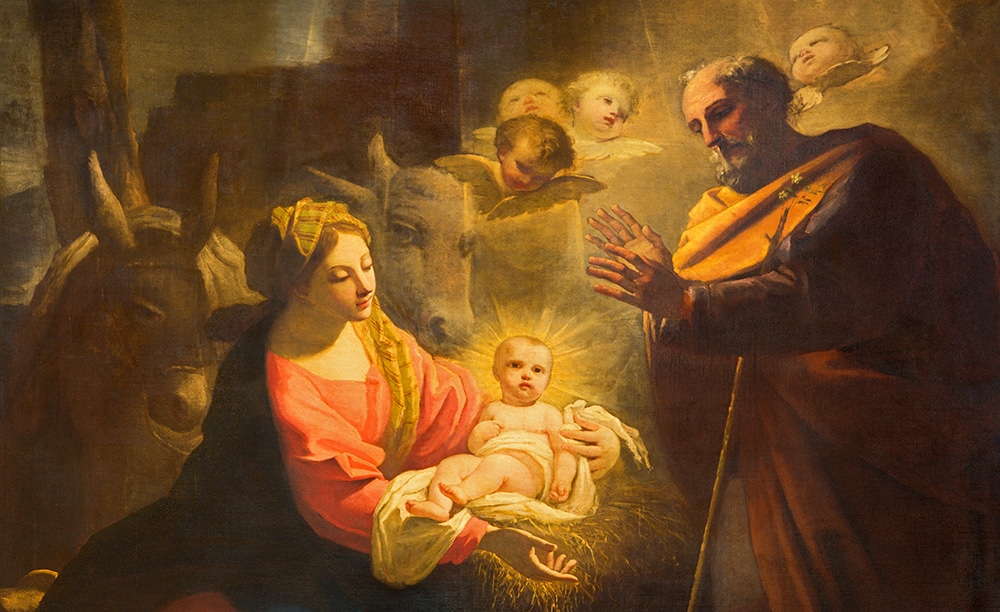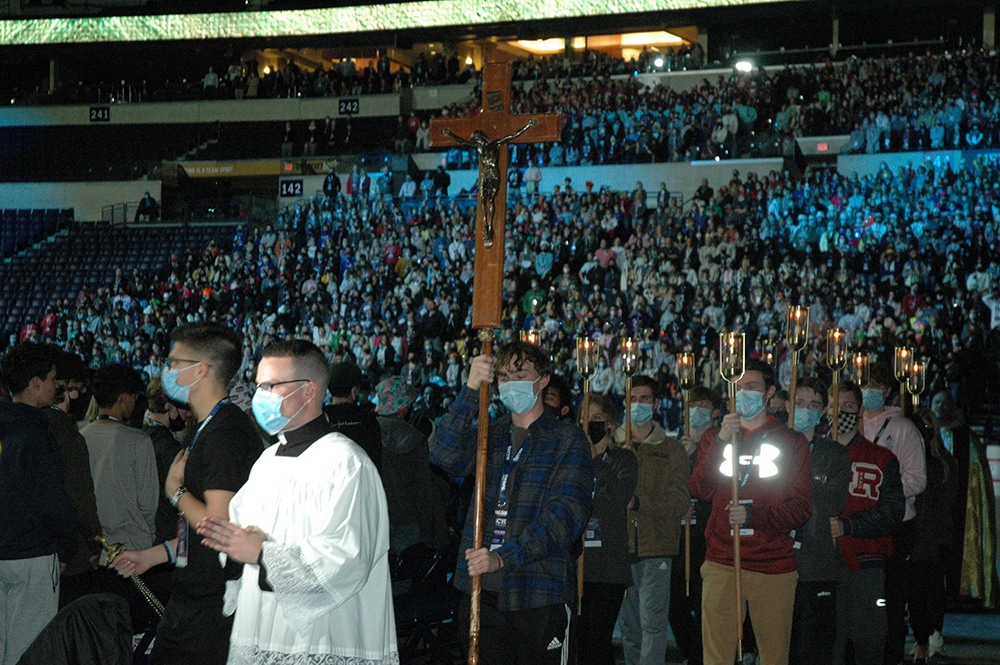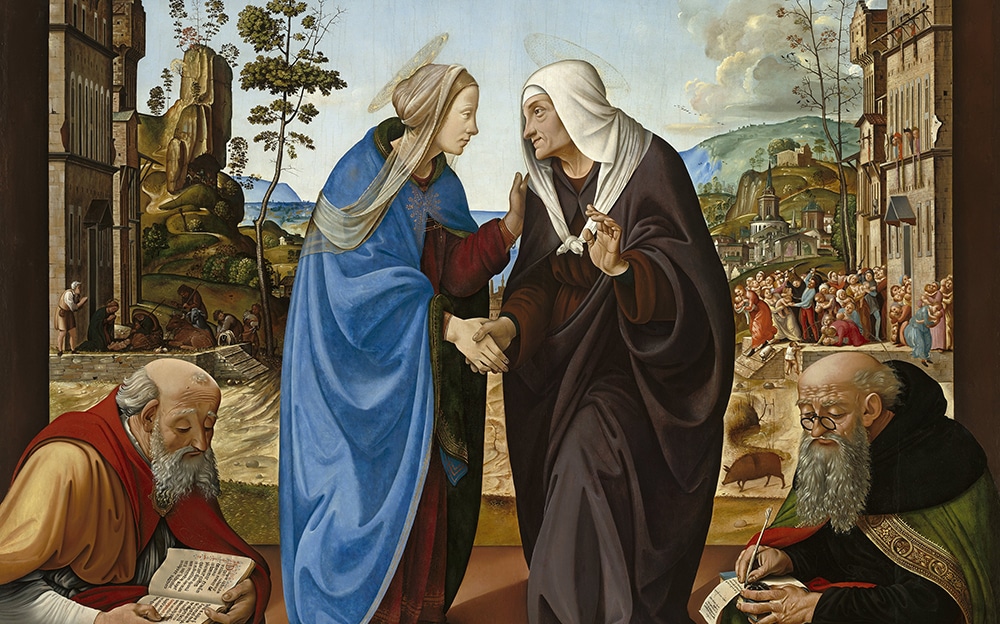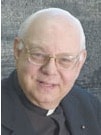 When the U.S. Supreme Court began its process of considering a Mississippi law that drastically limits abortion, crowds assembled outside the building to express their opinions on the matter, and many openly identified themselves as belonging to one or another religious denomination.
When the U.S. Supreme Court began its process of considering a Mississippi law that drastically limits abortion, crowds assembled outside the building to express their opinions on the matter, and many openly identified themselves as belonging to one or another religious denomination.
Catholics, for example, were there in number, expressing the hope that the Mississippi statute would survive the test, but this is interesting: Others were equally vocal in demanding that nothing interfere with obtaining an abortion, and they presented themselves as religious people.
Roman Catholics and Southern Baptists are becoming the only major religious groups in America to oppose abortion on moral grounds. Leaders in both denominations, without exception, are on record in this belief, as are millions of people in their pews.
Given the fact that Roman Catholics and Southern Baptists constitute the two largest religious bodies in this country, numbering tens of millions, the opposition to abortion in these congregations represents a considerable body of public opinion.
Still, on the other side, making their views known on the sidewalks surrounding the Supreme Court, were members of the “mainline” Protestant groups, all very traditional and very influential in America.
For instance, Episcopalians were there. So were Lutherans, Presbyterians, United Methodists, Orthodox and Jews. They all hear that abortion on demand is perfectly moral in the religious education classes and in sermons preached in their churches.
The Supreme Court’s decision in this case remains to be seen — we likely won’t know until late spring or early summer — and no American court bases its rulings on morality as interpreted by any religion, but, realizing the legal philosophies of the majority of justices currently on the bench, it is hoped that abortion might be curtailed in this country.
Regardless, many will be disappointed with the outcome. If the Mississippi law is upheld, many will be pleased.
This division of opinion will bring a challenge to pro-life advocates. The religious groups, and others, approving of abortion will protest, but more than that, they will look for any loophole in whatever decision eventually comes from the Supreme Court if, as many anticipate, the ruling restricts abortion on demand.
Americans who value unborn life will have to be alert and willing to take a stand. Loopholes indeed might be present, and depending on what they are, battles will be fought, maybe in courts or in legislatures or in Congress. If there are ways to evade any ban resulting from a Supreme Court decision respectful of life, the effect of the ban will be weakened.
Some think the court will put the question in the hands of the 50 states. Each state will decide whether or not to allow legal abortion. This means very emotional arguments, pro or con, regarding abortion will be heard, no longer so much in Washington, but in Harrisburg, Little Rock, St. Paul, Salt Lake City and in all the state capitals.
Roe v. Wade may return. Back then, for instance, Utah prohibited abortion. California did not. People in Utah wishing to procure an abortion simply traveled to the nearest abortion provider in California.
This is the point. The matter might not be settled when the court judges the Mississippi case presently before it. Realizing the acceptance of abortion by so many Americans, public debate well may continue.
Prominent, historic and well-resourced religious denominations will continue to teach, and their clergy will still preach, that abortion is morally permitted. No court judgment will reverse this. People who respect life, specifically unborn life, must be prepared to stand their ground and to speak their minds.
Obviously, they themselves must never seek an abortion. Frightful to consider, but some studies say that many Catholics obtain abortions.
The discussion must insist that the matter acknowledge the basic point. Abortion willfully destroys innocent human life. Period. This cannot be denied, despite efforts to distract the conversation with appeals to “rights,” “quality of life” or whatever.
Msgr. Owen F. Campion is OSV’s chaplain.

